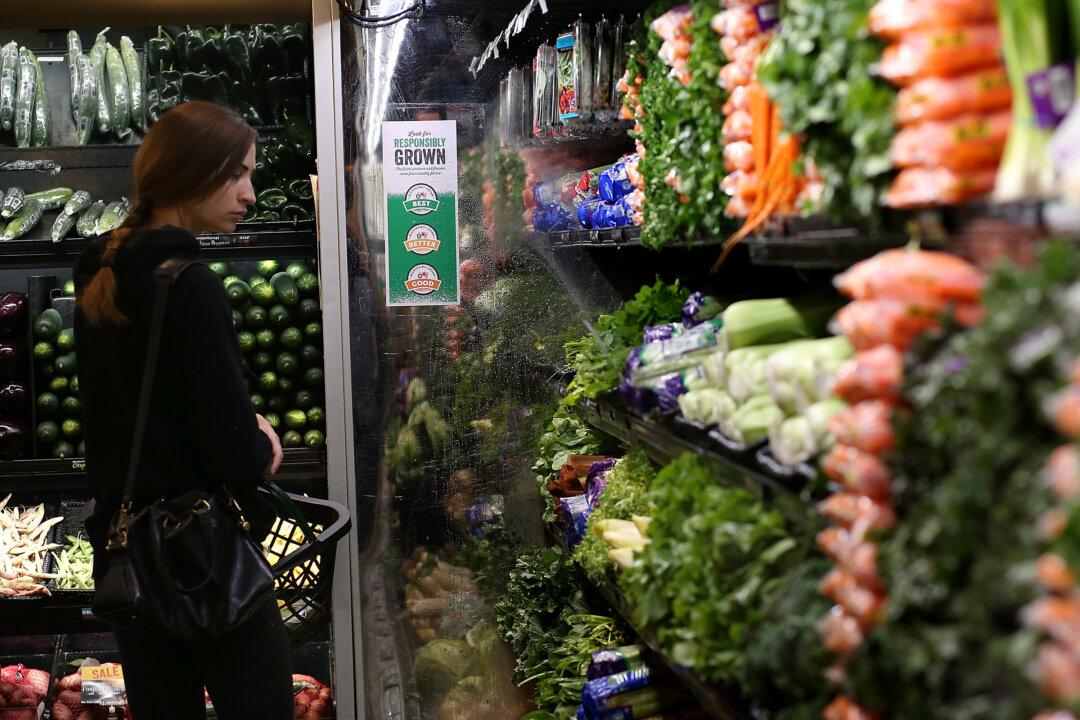Millennials are having a tough time paying for groceries, despite their financial security and optimism being at an all-time high, according to a new marketing survey from IRI, a market research firm.
IRI’s Shopper Sentiment Index is based on its quarterly MarketPulse survey. The index analyzes consumers’ shopping habits based on how much consumers look at prices when making purchases, their brand loyalty, and any changes in spending to maintain their desired lifestyle.
The higher the index number, the more optimistic the outlook: consumers are less price-driven, more loyal to their favorite brands, and not making changes to keep up their lifestyle.
Since the firm started compiling the index in 2011, the first quarter of 2015 was the best for millennials. They scored their highest, suggesting that the generation born after 1980 and before the 2000s is finally beginning to recover from the 2008 economic recession.
But when it comes to buying groceries, millennials are still struggling more than other age groups to afford them—25 percent are struggling, compared to 20 percent for the general population.






